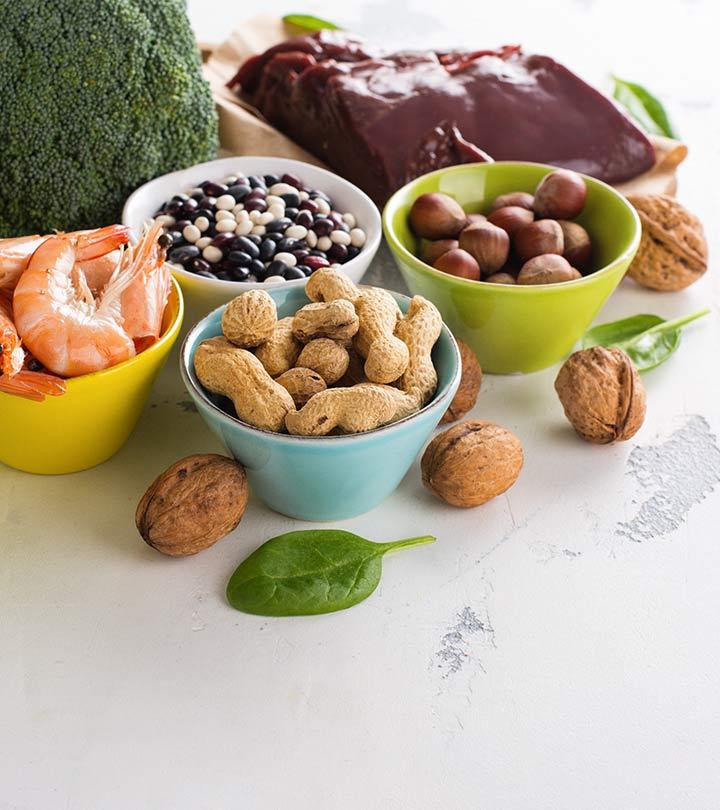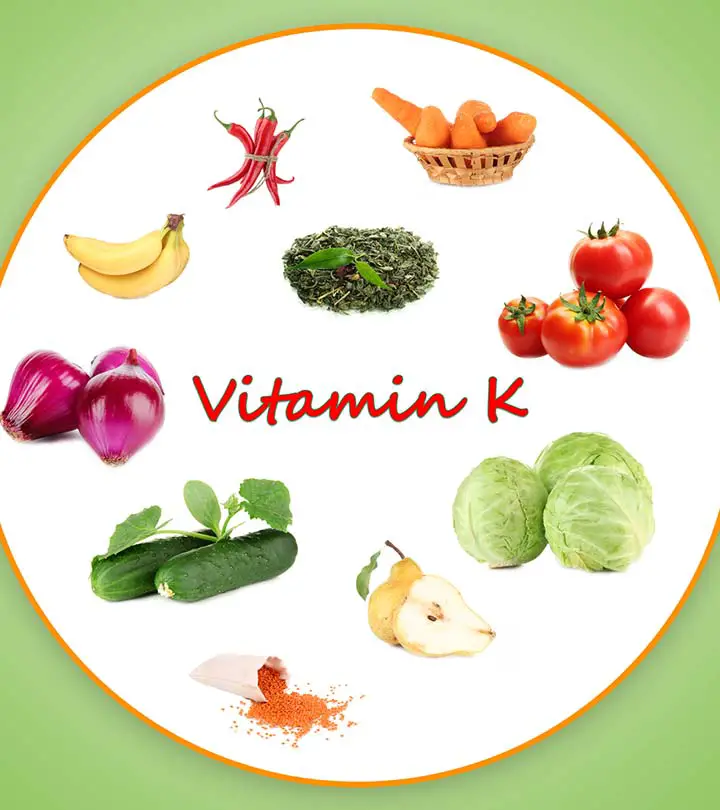Include these 25 vitamin K-rich foods in your daily diet: leafy green vegetables, cruciferous vegetables, avocado, tuna, natto, fruit, soybeans, cashews, phylloquinone-rich foods like green leafy vegetables, collard and turnip greens, kale, spinach, broccoli, Brussels sprouts, cabbage, lettuces, and menaquinone-rich foods like natto, meat, cheese, and eggs. These foods are a great way to ensure you’re getting enough vitamin K in your diet, which plays a crucial role in blood clotting and bone health.
Start incorporating these foods into your meals to reap the benefits of this essential vitamin. Maintaining a well-balanced diet ensures our bodies receive all the vital nutrients they need to function optimally. One critical nutrient often overlooked is vitamin K, which plays a crucial role in blood clotting and bone health.
Including vitamin K-rich foods in your daily diet can help meet your body’s needs. We will explore 25 foods high in vitamin K, ranging from leafy greens to avocados, soybeans, and more. Incorporating these foods into your meals can boost your vitamin K intake and support a healthier lifestyle. So, let’s dive in and discover the wide range of delicious foods that can provide you with this essential nutrient.

Benefits Of Vitamin K-rich Foods
Include these 25 vitamin K-rich foods in your daily diet for many benefits. Leafy green vegetables, cruciferous vegetables, avocados, tuna, natto, fruits, soybeans, and cashews are just a few examples of delicious and nutritious options.
Vitamin K And Its Importance
Vitamin K is an essential nutrient that plays a crucial role in blood clotting. It is also vital for maintaining bone health and promoting proper brain function. There are two main types of vitamin K: vitamin K1 (phylloquinone) and vitamin K2 (menaquinone). While vitamin K1 is primarily found in leafy green vegetables, vitamin K2 can be synthesized by certain bacteria in the gut. It can also be found in fermented foods like natto and some types of cheese. Including vitamin K-rich foods in your daily diet is a great way to ensure you get enough of this vital nutrient.
Health Benefits Of Vitamin K
Consuming adequate amounts of vitamin K-rich foods can provide various health benefits. Some of the key benefits include:
1. Bone Health: Vitamin K helps bone health by regulating calcium metabolism and promoting bone mineralization. It works alongside nutrients like vitamin D and calcium to maintain strong and healthy bones.
2. Blood Clotting: Vitamin K is essential for blood clotting, as it activates proteins in the clotting process. It helps ensure that wounds heal properly and prevent excessive bleeding.
3. Heart Health: Vitamin K may also contribute to heart health by helping to prevent the calcification of arteries, which can lead to atherosclerosis. This can help reduce the risk of heart disease and related complications.
4. Cognitive Function: Research suggests that vitamin K may play a role in maintaining cognitive function and reducing the risk of cognitive decline. It is thought to help protect against oxidative stress and inflammation in the brain.
5. Anti-Inflammatory Effects: Vitamin K possesses anti-inflammatory properties and may help reduce inflammation. This can positively impact overall health and may help manage conditions associated with chronic inflammation.
How Vitamin K Supports Overall Health
Vitamin K is a crucial nutrient that supports overall health in several ways. PPromoting proper blood clotting helps prevent excessive bleeding and ensures wounds heal properly. It also contributes to bone health by facilitating calcium metabolism and bone mineralization. Additionally, vitamin K plays a role in maintaining heart health by preventing the calcification of arteries. It may also support cognitive function and have anti-inflammatory effects on the body. Including vitamin K-rich foods in your daily diet can help ensure you reap these health benefits and maintain optimal well-being.

Top Vitamin K-rich Foods
Include these 25 vitamin K-rich foods in your daily diet for optimal health: leafy green vegetables, cruciferous vegetables, avocado, tuna, natto, fruits, soybeans, cashews, collard greens, turnip greens, kale, spinach, broccoli, Brussels sprouts, cabbage, lettuces, soybean oil, canola oil, salad dressings made with soybean or canola oil, natto (fermented soybeans), meat, cheese, and eggs.
These foods will provide the necessary vitamin K to support your overall well-being.
Leafy Green Vegetables
Leafy green vegetables are one of the richest sources of vitamin K. Including these nutrient-rich greens in your daily diet can help meet your vitamin K requirements. Some popular leafy greens high in vitamin K include:
- Kale
- Spinach
- Collard greens
- Swiss chard
- Turnip greens
Cruciferous Vegetables
Vitamin K isn’t limited to leafy greens, however. Cruciferous vegetables, known for their numerous health benefits, are also excellent sources of vitamin K. Some cruciferous vegetables high in vitamin K include:
- Broccoli
- Brussels sprouts
- Cabbage
- Cauliflower
- Kohlrabi
Other Vitamin K-rich Foods
In addition to leafy greens and cruciferous vegetables, other foods provide a good amount of vitamin K. These include:
- Avocado
- Tuna
- Natto
- Fruits like kiwi, blueberries, and pomegranate
- Soybeans
- Cashews
Incorporating Vitamin K Into Your Daily Diet
Vitamin K is essential in blood clotting, bone health, and cardiovascular health. You can ensure you meet your body’s needs by incorporating vitamin K-rich foods into your daily diet. This article will explore the best food sources of vitamin K, meal ideas with high vitamin K content, the signs of vitamin K deficiency, and recommended amounts.
Food Sources Of Vitamin K
Leafy vegetables are among the richest sources. Incorporate vitamin Kporate greens such as spinach, kale, and collard greens into your daily meals to boost your vitamin K intake. Cruciferous vegetables like broccoli and Brussels sprouts are also excellent sources of this essential nutrient. Additionally, avocados, tuna, fruit, soybeans, and cashews can increase vitamin K levels.
Meal Ideas With High Vitamin K Content
Here are some delicious meal ideas that are packed with vitamin K:
- Creamy Chickpea Pasta with Veggies
- High Potassium Smoothie with Sweet Potato (Chocolate!)
- Bok Choy Soup with Miso
- Roasted Asparagus with Egg-Free Hollandaise Sauce
- Christmas Fruit Tray with Cinnamon Yogurt Dip
- Carrot-Top Tabbouleh Salad
- Grilled Broccoli and Onions with Lemony Caper and Thyme Sauce
Signs Of Vitamin K Deficiency And Recommended Amounts
Vitamin K deficiency can lead to various health problems, including excessive bleeding and impaired bone health. The recommended daily intake of vitamin K varies depending on age and gender. Adults typically require around 120 to 130 micrograms per day. It’s essential to consult with a healthcare professional to determine the ideal amount of vitamin K for your specific needs.

Frequently Asked Questions Of 25 Vitamin K-rich Foods To Include In Your Daily Diet
What Are The Best Vitamin K Rich Foods?
The best vitamin K-rich foods are leafy green vegetables, cruciferous vegetables, avocado, tuna, natto, fruit, soybeans, and cashews. Please include them in your diet for optimal vitamin K intake.
How Do I Get Vitamin K In My Diet?
To get vitamin K in your diet, include leafy green vegetables like kale, spinach, and lettuce. Cruciferous vegetables like broccoli and Brussels sprouts. Avocado, tuna, and natto (fermented soybeans). Fruits, soybeans, and cashews. Meat, cheese, and eggs in smaller amounts.
What Meals Have High Vitamin K?
Leafy green vegetables, cruciferous vegetables, avocado, tuna, natto, fruit, soybeans, and cashews are meals high in vitamin K. Additionally, creamy chickpea pasta with veggies, high potassium smoothie with sweet potato, bok choy soup with miso, roasted asparagus with egg-free hollandaise sauce, Christmas fruit tray with cinnamon yogurt dip, carrot top tabbouleh salad, and grilled broccoli and onions with lemony caper and thyme sauce are also high in vitamin K.
What Food Has The Most Vitamin K2?
Leafy green vegetables like spinach, kale, and Brussels sprouts are the best sources of vitamin K2. Other options include broccoli, cabbage, avocado, tuna, natto, fruit, soybeans, and cashews. Incorporate these foods into your diet to increase your vitamin K2 intake.
Conclusion
Don’t miss out on the incredible health benefits of vitamin K-rich foods. Incorporate them into your daily diet to support bone health, blood clotting, and overall well-being. There are plenty of options, from leafy green vegetables like spinach and broccoli to delicious avocado and tuna.
So, start making smarter choices and prioritizing your health today by including these vitamin K-rich foods in your meals. Remember, small changes can significantly improve your overall health and well-being.


